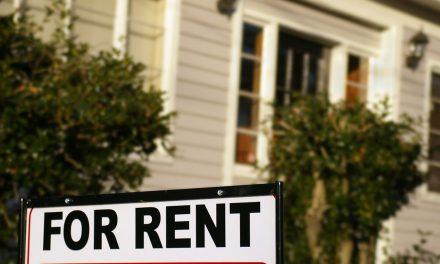BRE DDR BR Whittwood CA LLC v. Farmers & Merchants Bank of Long Beach
Facts: A landlord and tenant enter into a long-term commercial lease. The lease terms state the tenant may encumber their leasehold interest with a mortgage, designating the lender as the successor-in-interest and obligating the lender to perform under the lease. The tenant obtains a mortgage secured by their leasehold estate, then defaults. The lender forecloses on its interest and takes possession of the property. At the landlord’s request, the lender confirms it is the tenant’s successor-in-interest. Prior to expiration of the lease, the lender stops paying rent and gives up possession of the property.
Claim: The landlord seeks to compel the lender to pay the remaining rent for the full lease term, claiming the lender is required to perform under the lease since the lender was the tenant’s successor-in-interest after the foreclosure.
Counter claim: The lender claims they are not required to perform under the lease agreement since they did not expressly agree to take on the terms of the lease and the lease cannot constitute a binding contract with a non-participant.
Holding: A California court of appeals holds the lender is not required to perform under the terms of the lease as they did not expressly agree to its terms and the lease does not constitute a binding contract with a non-participant. [BRE DDR BR Whittwood CA LLC v. Farmers & Merchants Bank of Long Beach (August 29, 2017) _CA4th_]
Editor’s note — To prevent this situation from occurring, the landlord needn’t have allowed the tenant to encumber their interest with a mortgage. In doing so, the landlord took an undue risk that ultimately resulted in the lender’s refusal to perform under the lease. The landlord also might have included wording in the alienation provision requiring the lender to assume the lease provisions, placing the burden of refusal on the lender, rather than the landlord. [See RPI Form 552-8]
Related article:














